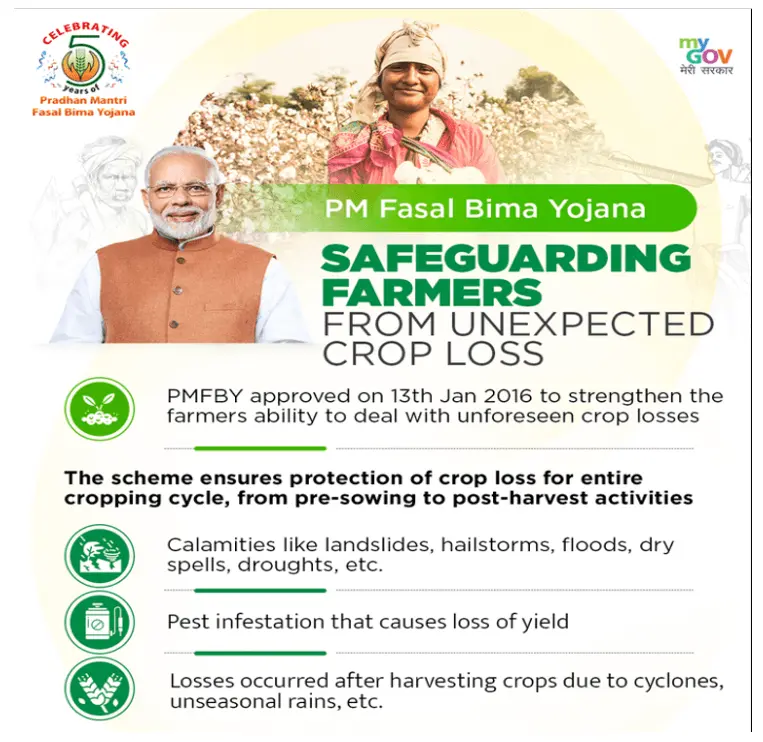In India, farmers are under constant pressure by everything from severe weather conditions to fluctuating crop prices to labour shortages. Some of these forces are beyond their control, e.g. weather conditions, and some forces can be controllable. One such force is “money”. Everything from inputs for farming to making available the output in the market involves money. Money is also one of the forces which boggles every farmer’s mind with its uncertainty. One such situation is that at off-seasons, the revenue for the produce is less compared with the higher input cost. This is where the following 12 money-saving tips for your farming journey will help you.

How to find a way: with proper planning and with certain necessary money-saving measures, the farmers can control the money flow. We will share some detailed money-saving tips below.
12 Money-Saving Tips For Financially Healthy Farming
A farmer should treat farming like a managerial process. It must be managed, cultivated and nurtured which in turn makes the farming well maintained. A well-maintained farming operation attracts profits. Here are the money-saving tips:
1. Maintain Working Capital
When the market demand and crop yields are high, money flows into the farmer’s hand. But this may get affected due to several uncertainties like sudden climate change, low yields etc. As a farmer, you must prepared to brace for these uncertainties which is why it is important to maintain a solid base of working capital. The working capital can be used to pay off debts, including loans, and operations maintenance from fuel to fertilizer. It is advisable to keep 20 to 30 per cent of the gross revenue as working capital to meet the uncertainties.

Not every farmer can manage 20 to 30 per cent of their gross revenue as working capital. In order to assist our Annadatha’s in farming operations, AgriApp offers them FinTech services which in turn provide them with small-term credit services without interest.
2. Rent or Share Equipment
It is advisable to not invest in expensive machinery of limited use which in turn causes financial drain. Instead, you can rent it out from a farm tools shop or borrow the tools from a fellow farmer who already owns it.
3. Protect Your Crop With Crop Insurance
We can’t be so sure that everything will go smoothly according to our plan. A farmer must be ready to face unexpected consequences such as crop failure, bad weather etc. In order to overcome these dire situations, the purchase of crop insurance is advisable.
To protect our farmers in dire situations, AgriApp offers crop insurance schemes which will act as a protective shield against all odds. Even the Government of India offers insurance schemes for our farmers.
4. Keep Detailed Records
Usually, farmers are doing yearly analyses of their financial statements. It is advisable to manage the finances by keeping detailed records throughout the year. Doing this helps in identifying short-term and seasonal trends, as well as long-term shifts in profitability.
Detailed records should include:
a. Purchases
b. Maintenance expenses
c. Administration fees
d. Raw material costs
These details are very important in analysing trends and finding ways to reduce expenses thereby increasing revenue.
5. Buy Seeds and Seasonal Items on Sale
Seed prices can vary according to the season and you can avail of the discount if you are pre-purchasing the seeds for the next harvest. If stored properly, the quality of the seeds will not diminish.
Make sure to pick a trust source, since there are high chances of mixing of breeds. This will result in lowering the market price of your outputs.
6. Lean into Technology
Today technology is helping people in different ways. So is farming. With the emergence of AgriTech companies, several new-age technologies like drones, analytics etc. are available to the farmers which will assist them in crop selection, weather forecasting, expert opinions, pest spraying etc. Don’t be scared of technology instead embrace and make use of it.
With its sheer commitment towards the farming community, AgriApp is providing farmers with tech-enabled services like crop analytics, online soil testing, custom crop calendars and suggestions, and drone technology at their fingertips.
7. Time-sensitive Equipment Repair
In order to balance the farming expenses, it is advisable to keep an ongoing list of needed equipment repairs. Not every broken piece of equipment needs an immediate fix. So, prioritize the equipment that is sensitive or essential for farming activities. By holding off on unimportant minor repairs, you can put the money into to most important issues.
8. Re-evaluate the expenses
Every agricultural activity will incur costs. This doesn’t mean you need to address them all at once. Evaluate all your expenses and investments and determine which issues are urgent and what can wait until later. This will help you to reduce the expenses and thereby maintain the cash flow.
9. Make use of government assistance
Farming is the cornerstone of the Indian economy and about half per cent of the population is working in agriculture and its allied sectors. The Indian government since Independence is aware of this fact and they support the farmers through policies and schemes. Some of them are below:

a. Pradhan Mantri kisan Samman Nidhi (PM-KISAN)
It is a direct benefit scheme in which the government is transferring Rs.6000 per year to the applicants in 3 instalments
b. Pradhan Mantri Fasal Bhima Yojana (PMFBY)
It is a crop insurance scheme
c. Pradhan Mantri Krishi Sinchai Yojana (PMKSY)
The government is providing financial assistance to farmers for installing microirrigation systems
d. Pradhan Mantri Annadata Aay Sanrakshan Abhiyan (PM-AASHA)
PM-AASHA is an umbrella scheme for providing minimum support prices to the farmers
Making use of government schemes is a good way to soften the financial blow in your farming activities.
10. Resource conservation
Resource conservation is an effective way to save money. Think about all the methods you use for pest control, irrigation, livestock, water, crop residue, etc. Do some research regarding strategies and systems that can save on labour, fuel and equipment expenses. This money-saving tip from all the tips should be one of your first priorities in farming management.
Get a free Agronomist consultation from AgriApp for optimising your fertilizer and pesticide usage. Call now at +91 9108047688
11. Determine opportunities to reduce and optimize
Do a thorough review of the expenses you made and are planning to make. Determine areas within your farming operation that can handle reduced input, plus opportunities that would benefit from increased input. Think about adjustments you can make that will save money.
12. Invest in quality equipment
It is quite human to buy less expensive equipment to save some money. This is fine in the short term but it may backfire in the long term if the machines don’t work properly or break down regularly. So, it is advisable to invest in quality equipment for your farming activities.
The above-mentioned are some of the money-saving tips which will help you save money in your farming operations. Remember, there are many ways in which you can save your money. I am providing only some checkpoints to direct your thoughts. Choose the one which suits you and your farming operations. Farming is not a simple job it is a way of life.